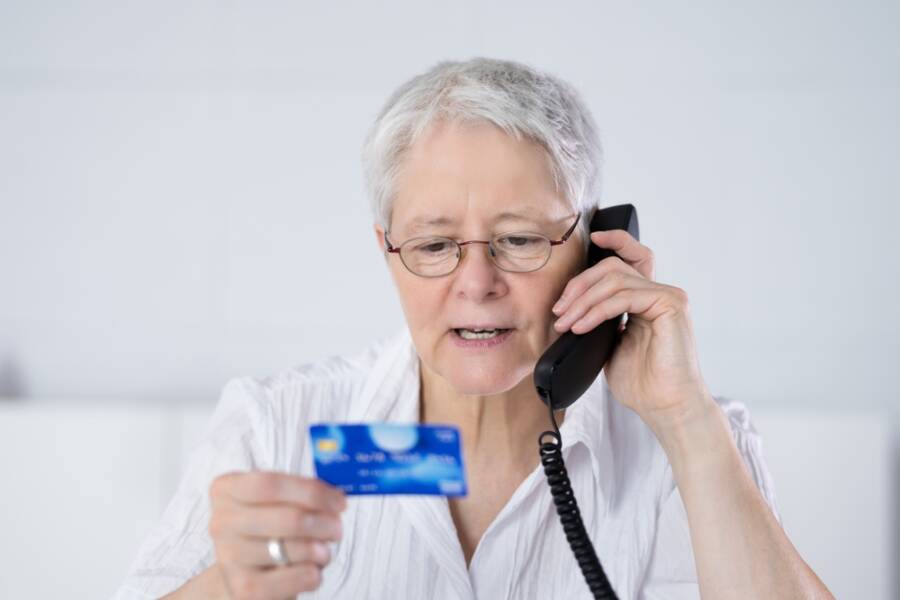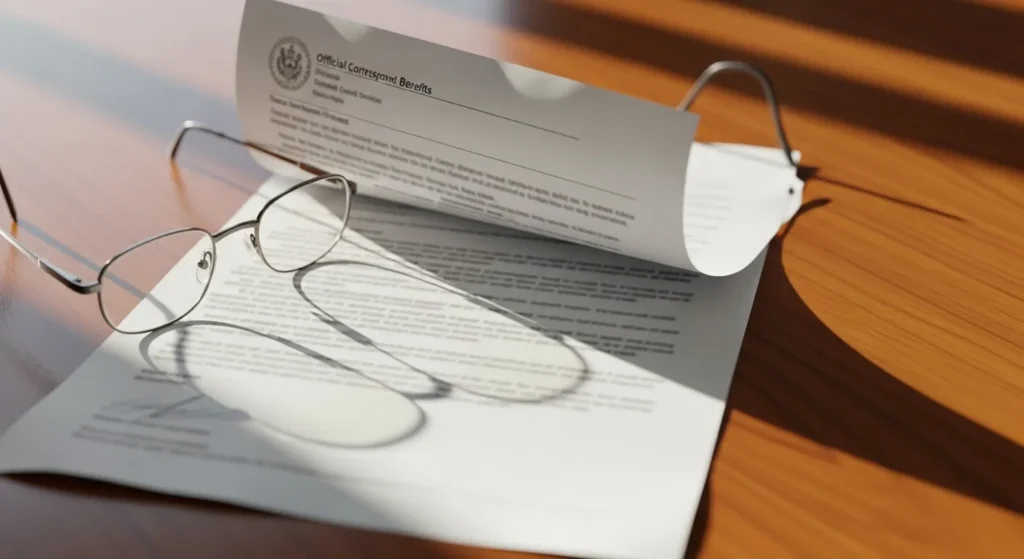How do you tell if a call is likely spam? Watch out for these signs!
According to recent statistics, Americans waste around 234 million hours answering spam calls, which is huge. But how is this happening? Well, if by mistake you answer a spam call without even knowing it’s a spam call because not all smartphones show that on display, scammers will get to know your number and keep it for more future calls.
These types of calls usually aim to make people fall into cheap traps that make them disclose personal information about addresses, cards, or even Social Security numbers.
To find out more about spam calls, including how to tell if a call is likely spam, how hackers may use them to their advantage, and how to defend yourself from them, keep reading.

There is a catch with these phone calls, they keep on calling multiple times a day and hope that at least a couple of individuals may pick up and engage in a conversation. The more time they spend on the phone with you the more information they gather. So besides the obvious “don’t answer random calls,” you should also know a few more other things about the primary signs you’re dealing with scammers.
The phone caller plays a recorded message
So, let’s say you accidentally answered the call because your phone didn’t show the “likely spam” message on the display. What now? Well, one of the first signs that a call is likely spam is that the phone caller plays a recorded message right after you say hello.
Pre-recorded messages are used by a lot of genuine organizations, such as charities and healthcare providers, to reach out to individuals, but they are also used by cybercriminals to make thousands of spam calls. If you notice this and you don’t recognize the number on the screen or it doesn’t show a number at all, hang up ASAP and don’t answer again.
The caller asks for personal information
A lot of spam calls pretend to be from well-known organizations including banks, the government, and medical centers. They will attempt to convince you to provide personal data, including your Social Security number.
On the other hand, trustworthy companies shouldn’t need to ask for your personal information over the phone because they should already have it on file. It’s probably a scam if you’re called and requested for personal information without initiating the contact.
The caller might sound like it’s something urgent
Another sign that the call is likely spam is when you hear the interlocutor urging you to give details ASAP. The thing is they will do that so fast you won’t have the time to think about it. Scammers frequently use phone calls posing as technical, banking, or tax issues in an attempt to coerce you into acting on their advice.
If you don’t follow their instructions, they frequently threaten to charge you fraudulently, penalize you, or infect your device with malware. When and if this happens, hang up without saying anything. In some cases, smartphones can detect the number of the call, and if you’re lucky, you can block the number right away.
Are you receiving calls marked as “Spam Likely”? You can make sure the Block List stays current with Call Control Home since it blocks millions of robocalls based on user-generated insights.
One of the device’s advantages is that there are no further costs beyond the first purchase. To begin blocking immediately, just connect Call Control Home to your landline, download the app on your smartphone (Android or iPhone), and begin blocking. The gadget costs $69.99 on Amazon.com.
They may ask you if you hear them
This isn’t strange for many people because this is what often people ask while on the phone, and they’re not sure if the signal is good and the other person hears them. However, in the case of scammers, this is a question to which they hope you would answer “yes.” If you do, they will be able to access your accounts and services by using your voice profile.

They can trick you into buying stuff
Now that’s a huge warning sign that there is a spam call because nobody in this world will offer legit stuff that is THAT good. You know those offers that sound too good to be true? This is exactly what a scammer will do over the phone. Trying to persuade you to believe every single word they speak.
In most cases, these offers include getting a big discount for a product, a freebie, or even winning a giveaway. In some cases, these can come as text messages too, sounding like “to claim your prize, click on the link below.” Just don’t do it! It’s definitely a fake message destined to scam.
They ask for right-away payment
This is definitely the biggest warning that the call is likely spam because nobody from a bank or any other institution will ask for downright payments over the phone! This is a scammer’s job. They usually pose as debt collectors, banks, or other businesses and ask you about an overdue debt that you must settle to keep your account active; otherwise, you will risk doing jail time.
Besides, it’s probably spam if someone calls and demands money, especially if gift cards are being accepted as payment.
How to prevent spam calls and remain secure:
You must take immediate action to safeguard your accounts and funds if you have given money or gift cards, answered a robocall, or provided critical information to a phone scammer. Here are some possible solutions for your issue:
Freeze your credit card
You must phone the bank and ask for an account freeze as soon as possible if you have accidentally handed away your credit card information. By doing this, scammers are unable to create new accounts or collect loans in your name. In addition, find out whether you can get your money back if the amount was deducted from your account already. It may still be possible for the bank to assist you if you report it right away.
Secure your online accounts (including social media ones)
Please make sure all of your passwords are strong, unique, and difficult by changing them. Turn on two-factor authentication (2FA) wherever possible to improve your cybersecurity.
Contact the phone service provider to block numbers
While it is convenient to do it on your own, sometimes it’s not enough. Numerous spam calls can be prevented with the aid of some phone service providers’ spam-blocking programs. To help you prevent being approached by thieves, you can check with your phone service provider to see whether they have a spam-blocking service.
While this service won’t stop all spam calls from getting to you, it will provide you with an additional layer of protection and assist you from falling for these kinds of scams. Look through your smartphone’s settings and see if there is something that helps you stop receiving phone calls from unknown numbers. There are also apps for iPhone that may help in this matter too.
If, by any chance, the call has a number but you’re still skeptical to answer, don’t! It’s possible to lower the quantity of spam calls you receive by refusing to answer them in the first place. If the person who called you was real, they will probably have left you a voicemail, which you may check to see who it is and then return the call.
Take care and protect yourself from scammers!
Here’s another related article about phone and email scams you should know about!










